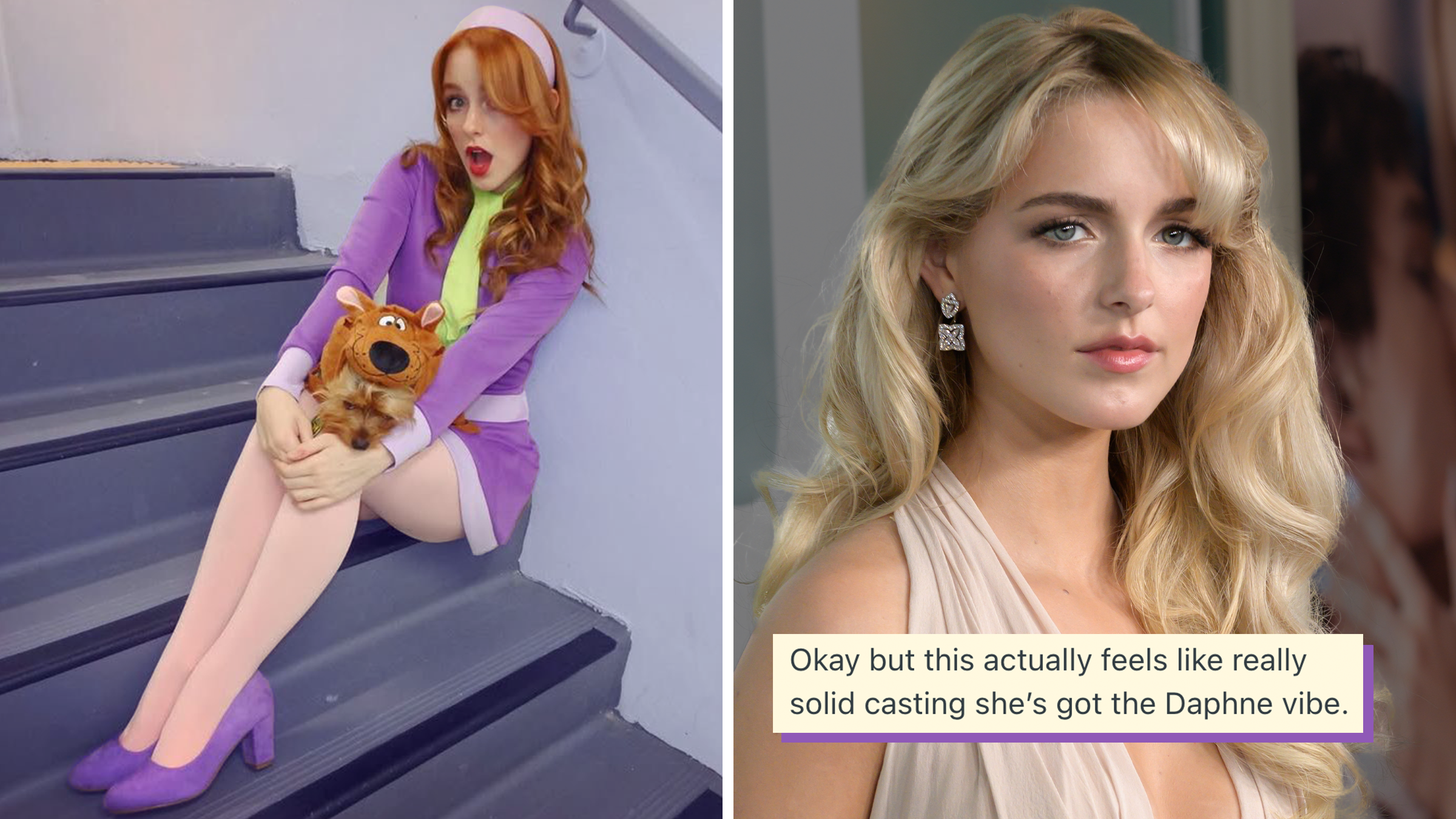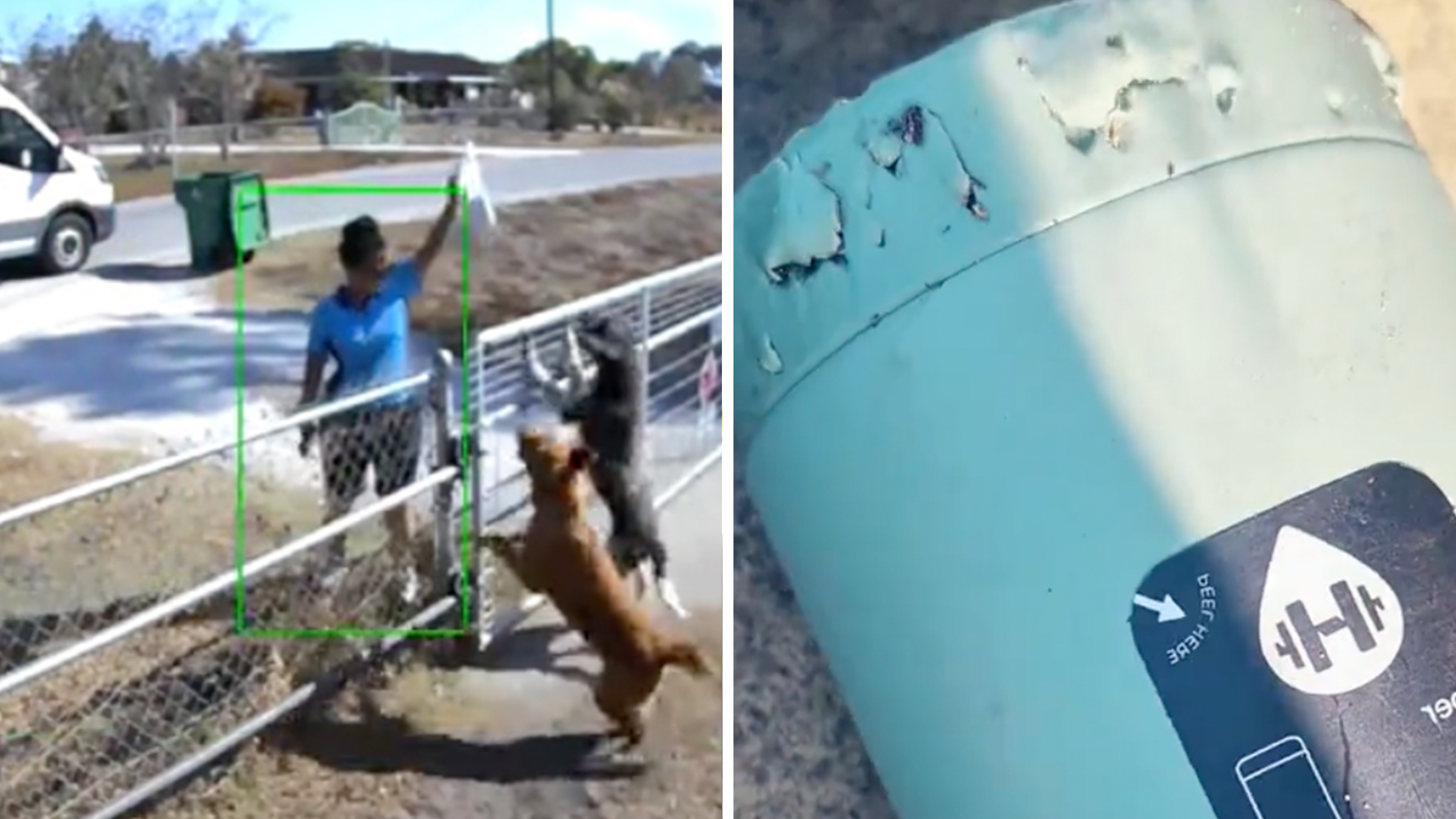Honey is a major global market, valued at around $9 billion in the year 2022.
A quality honey isn’t cheap, either. While you can purchase some honey for just a few dollars, others command high prices. For example, Elvish honey, which can be found in Turkey, sells for over $7,000 per kilogram.
Other wild honey, like the complexly-flavored Jara honey from the country of Georgia, retails for between $50 and $285 per kilogram. This is lower than Elvish honey, but still significantly higher than the average American honey price of around $9 per kilogram.
Given how pricey honey can be, it’s no surprise that someone would want to pass off fake honey as real honey. Or even try to dilute it in order to give customers an inferior product. But how can you tell whether their honey is real? This TikToker says she has the answer—but is it true?
Can you test honey?
In a video with over 59,000 views, TikTok user Jacky Flanagan (@itsjackyflanagan) explains how she tells which honey is “fake” and which is “real.”
According to Flanagan, to tell if a honey is “real,” one must simply flip the honey upside down. If the air bubble rises to the top slowly, it’s real; if the bubble rises quickly, it’s fake.
“I don’t know about you guys, but if I want to buy honey, I don’t want to buy fake honey,” she says near the video’s end. “It pisses me off that they can trick you like that."
@itsjackyflanagan Real honey = slow bubble. Fake honey = fast bubble #honey #realhoneytest #eatinghealthy #groceryshopping
♬ original sound - Jacky Flanagan
Is this a real way to tell whether honey is real?
In short, no.
What Flanagan is likely noticing is the difference between filtered and unfiltered honey.
Per World of Honey, “Filtered honey is clear and has a smooth texture. This gives it a clean appearance. Unfiltered honey is less processed than filtered honey. It contains more pollen and wax particles, which gives it a cloudy appearance.”
“Filtered honey is the most convenient because it has a longer shelf life and is easier to pour,” the site continues. “However, unfiltered honey is becoming increasingly popular due to its health benefits.”
In a follow-up video, Flanagan clarifies that when she said “fake,” she did not mean that the honey was not genuine honey. Rather, they had modified or altered it.
Are some honey brands 'modified?'
In this follow-up, Flanagan points to website excerpts and AI-generated summaries that appear to claim that honey manufacturers can dilute their honey without labeling it. Also, honey brands do not have to list all of their ingredients.
To start, honey manufacturers do occasionally sell diluted honey. However, a 2020 article in VICE notes that this typically occurs when they import honey from overseas.
Additionally, such dilution is not as common as Flanagan’s initial video implies. According to a 2022 report from the Food and Drug Administration, which “collected and tested 144 samples of imported honey from bulk and retail shipments from 32 countries” for economically motivated adulteration, only 14 samples violated their rules.
The honey that provided these samples were taken was refused entry into the United States, and in every case, the FDA “placed the associated company and product on an import alert.”
Can you label fake honey as 'honey?'
The AI overview claims honey brands do not need to list all of their ingredients. This is technically true, but misleading.
According to the FDA’s document “Proper Labeling of Honey and Honey Products: Guidance for Industry,” honey does not require an ingredient list because, if you label something as “honey,” it is only allowed to have one ingredient: Honey.
However, if a company dilutes the product, they are required to provide an ingredient list. They are also no longer allowed to label the product as simply “honey.” They may still market it as, for example, a “blend of honey and corn syrup,” but the fact that this product is distinct from genuine honey should be made clear to the consumer.
All this said, there are a few home tests that some claim allow you to get an idea of whether your honey is genuine. However, few produce reliable results, and you should not take them as a trustworthy indicator of whether honey is real. Instead, experts advise simply finding a honeymaker you trust and purchasing from them.
The Daily Dot has reached out to Flanagan via email.
Internet culture is chaotic—but we’ll break it down for you in one daily email. Sign up for the Daily Dot’s web_crawlr newsletter here. You’ll get the best (and worst) of the internet straight into your inbox.






